10 GPTs for Patent Guidance Powered by AI for Free of 2026
AI GPTs for Patent Guidance are advanced artificial intelligence tools designed to assist in the diverse tasks associated with patent research, application, and analysis. Leveraging the power of Generative Pre-trained Transformers, these tools are specialized to understand and generate content relevant to patents, making them invaluable for navigating the complexities of patent documentation and legislation. Their ability to process and generate language-based outputs tailored to the patent domain underscores their relevance, providing precise, context-aware assistance.
Top 10 GPTs for Patent Guidance are: Business Law UK & USA,Innovation Advisor,Custom Invention Architect,BRANDLEX AI Asistente legal Propiedad Industrial,🔏IP Law Navigator👩⚖️,Inventor,Invention Advisor,CEO de Startup de Biotecnologia🧬 🦠 🧫,CEO de Startup de Energia Renovável☀️🌱,Inventive McGyver
Business Law UK & USA
AI-powered legal expertise at your fingertips.
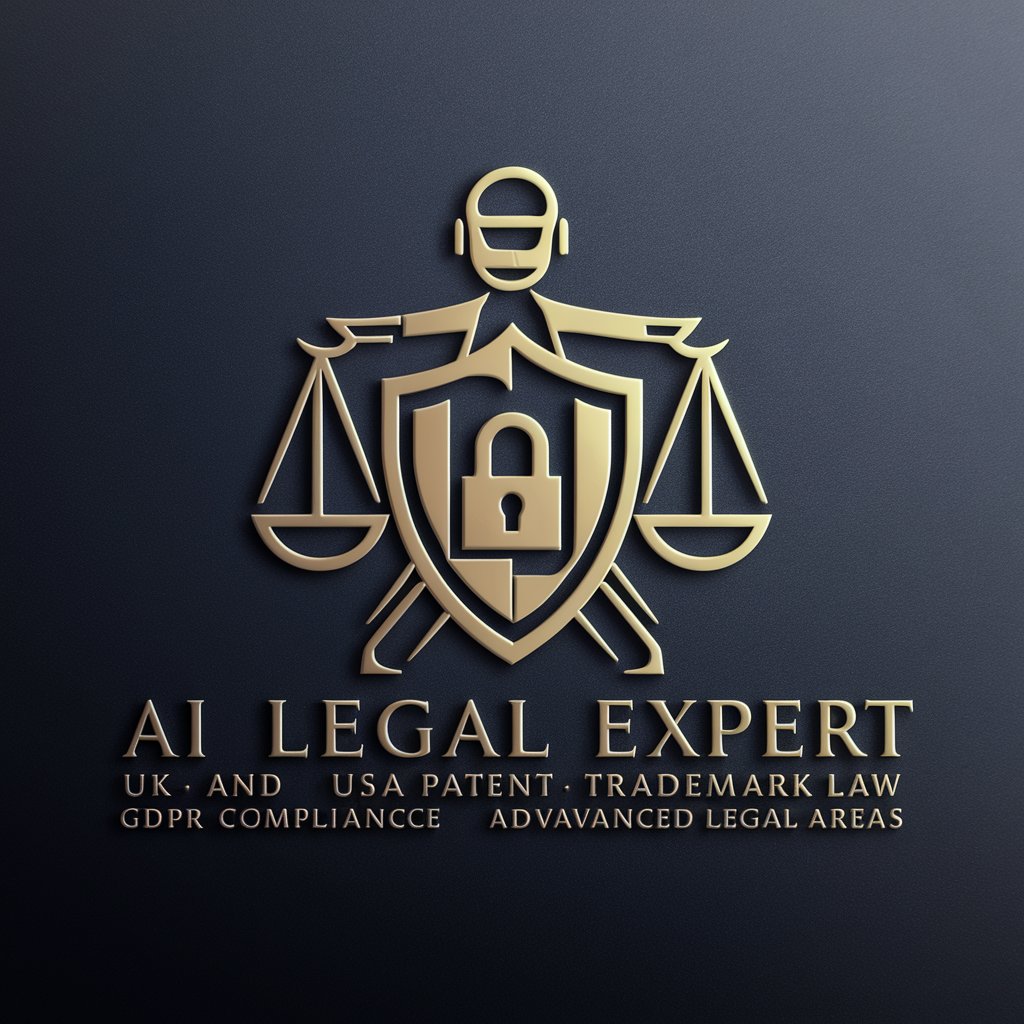
Innovation Advisor
Empowering Innovation with AI
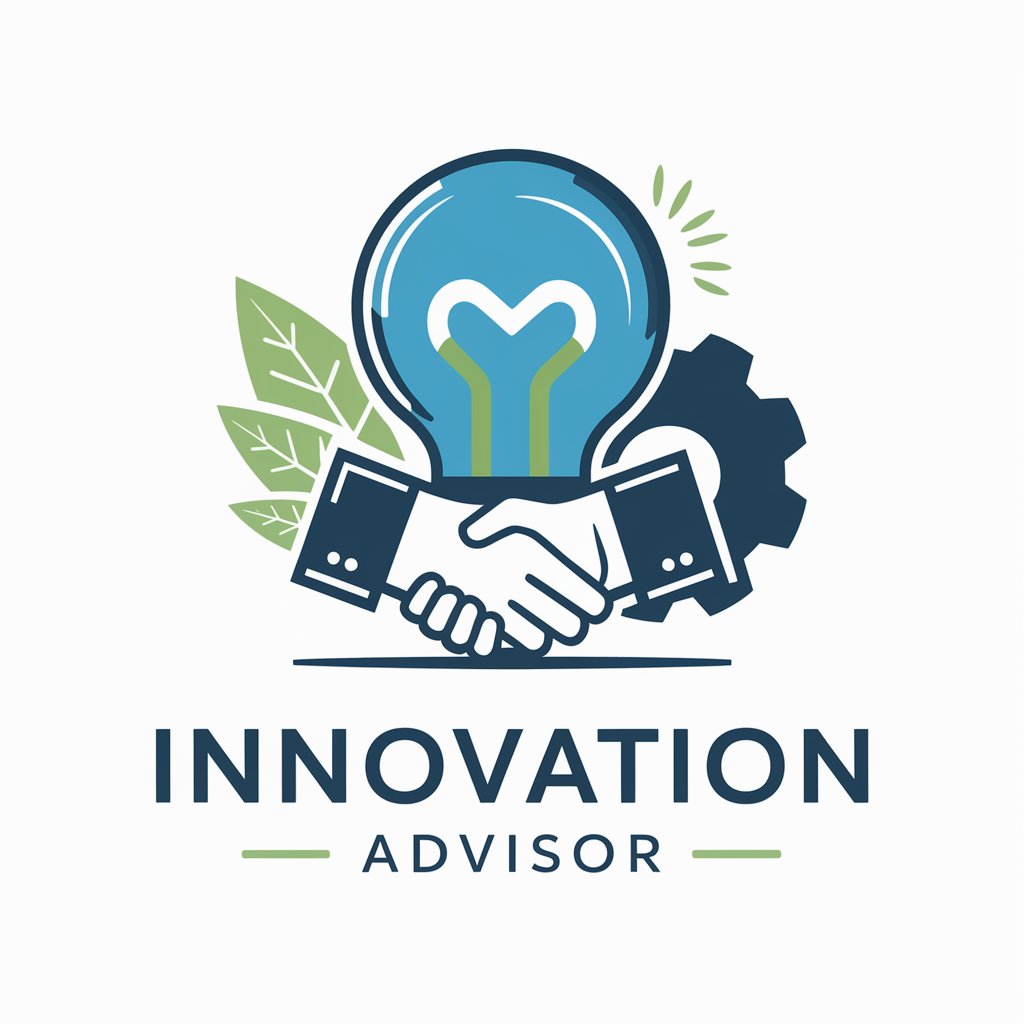
Custom Invention Architect
Innovate and Patent with AI
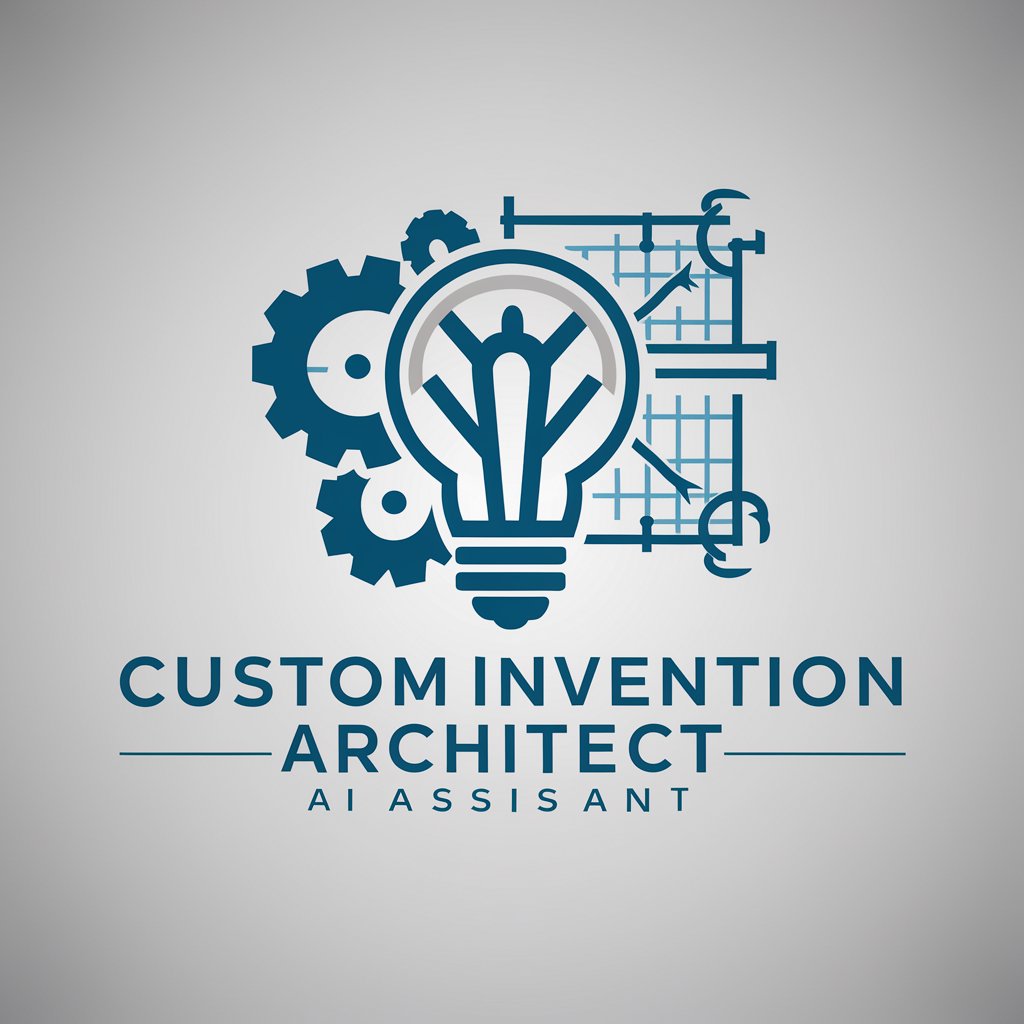
BRANDLEX AI Asistente legal Propiedad Industrial
Navigating IP law with AI precision
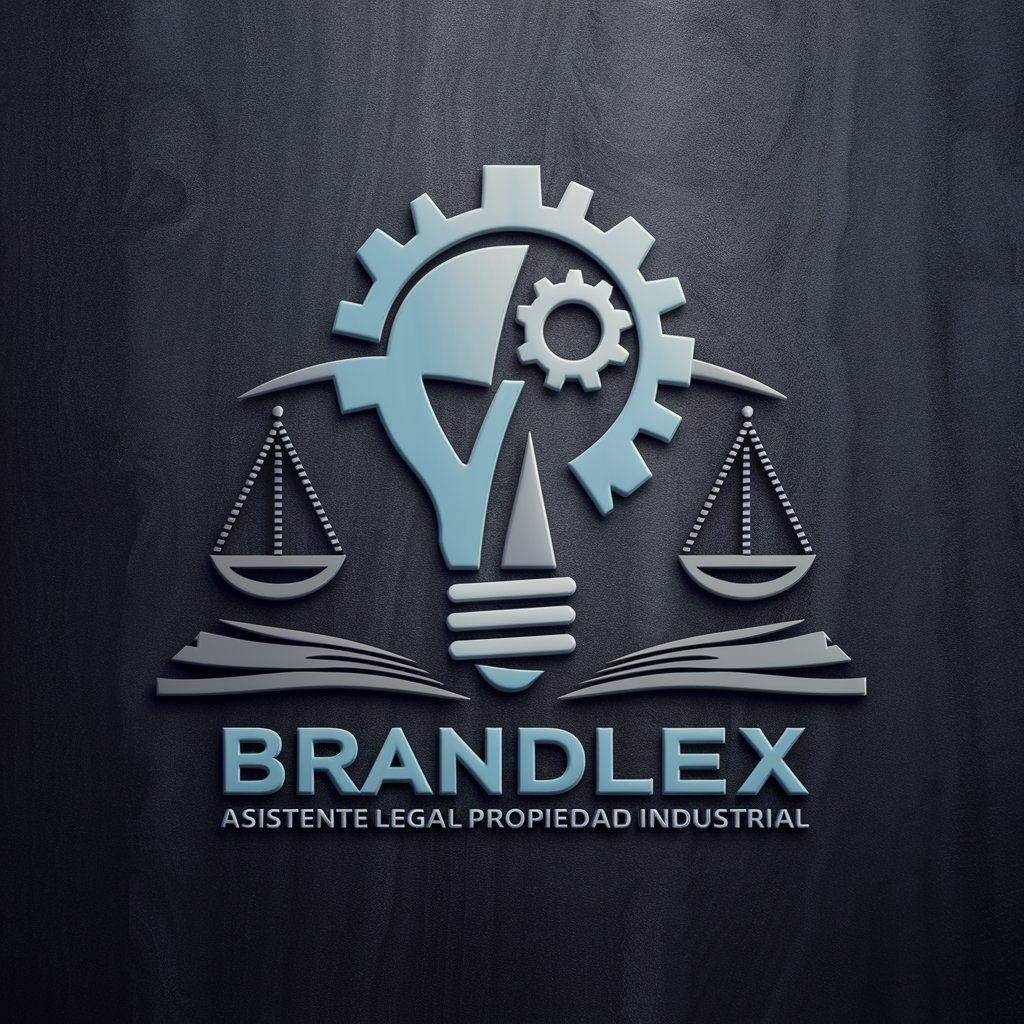
🔏IP Law Navigator👩⚖️
Navigating Intellectual Property, AI-Powered

Inventor
Empowering Innovation with AI
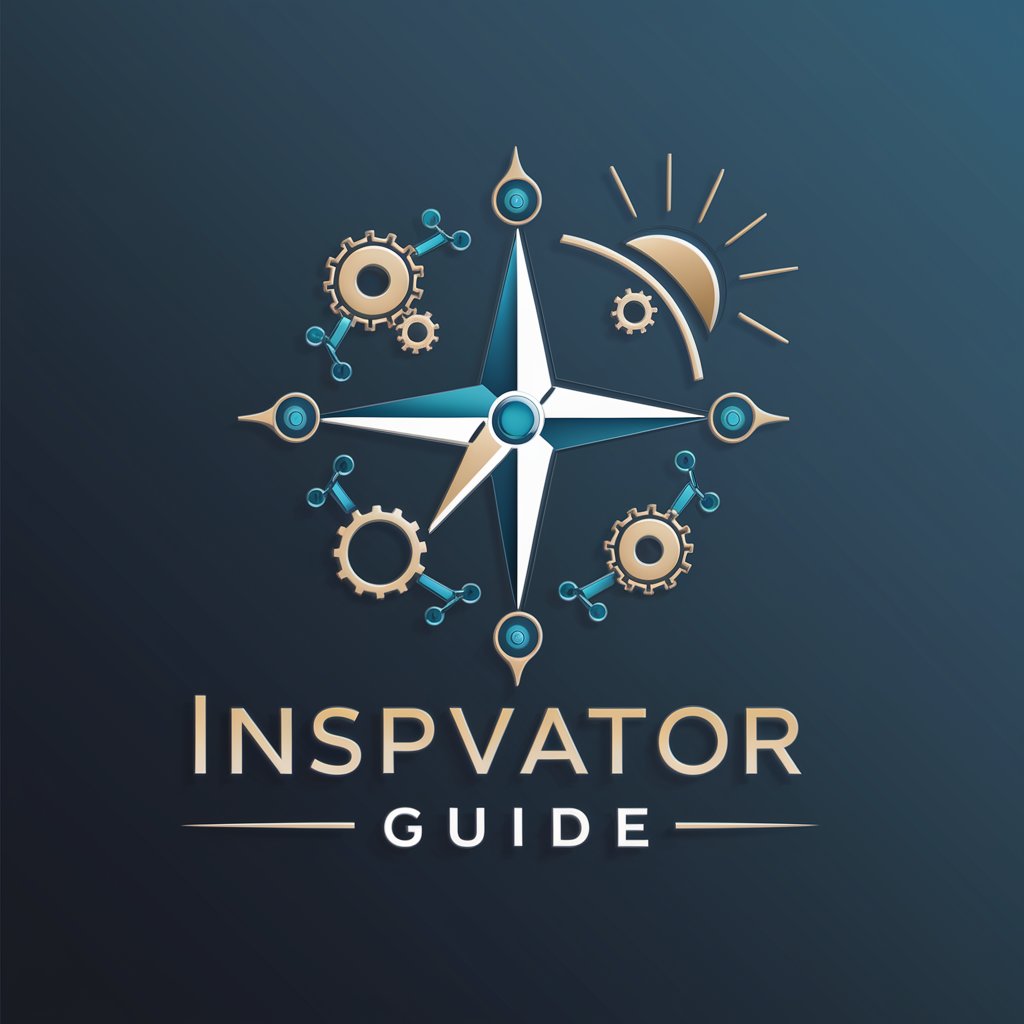
Invention Advisor
Empowering Innovations with AI
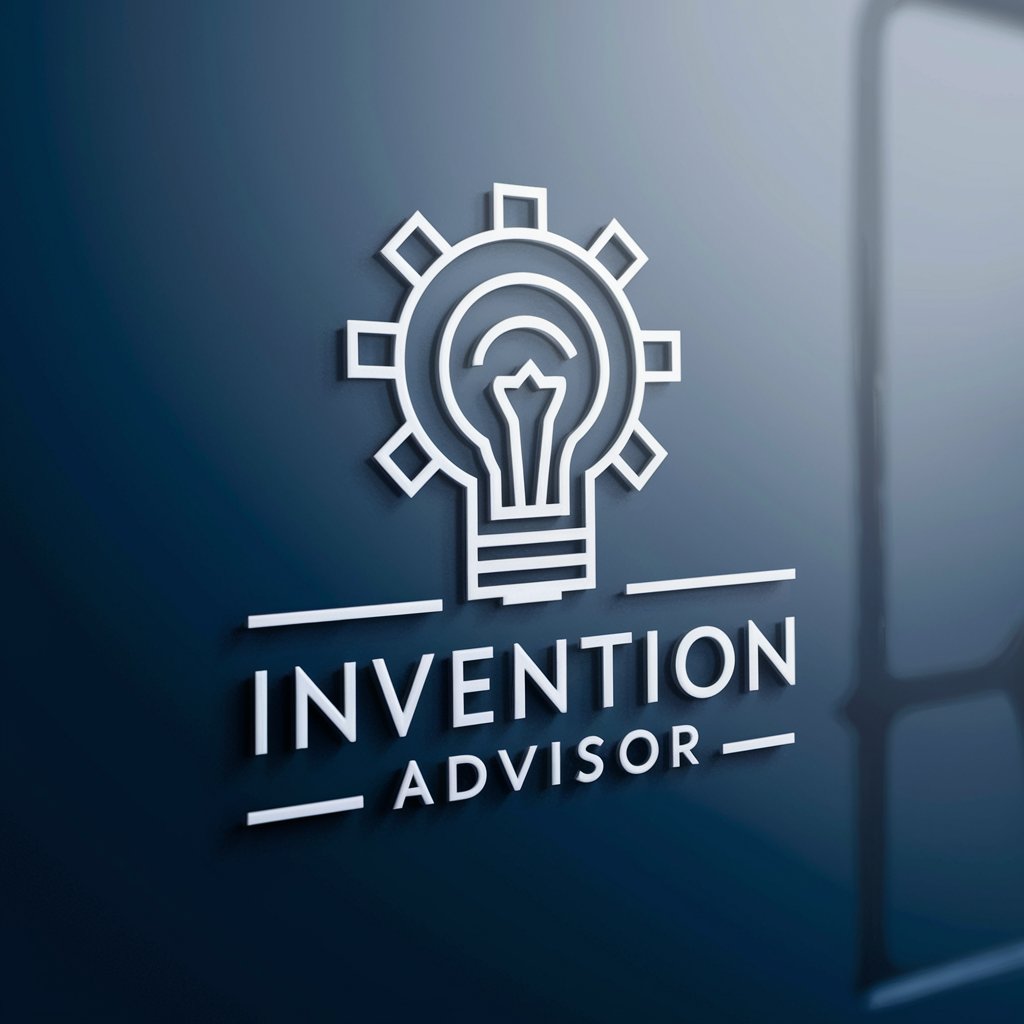
CEO de Startup de Biotecnologia🧬 🦠 🧫
Empowering Biotech Innovation with AI
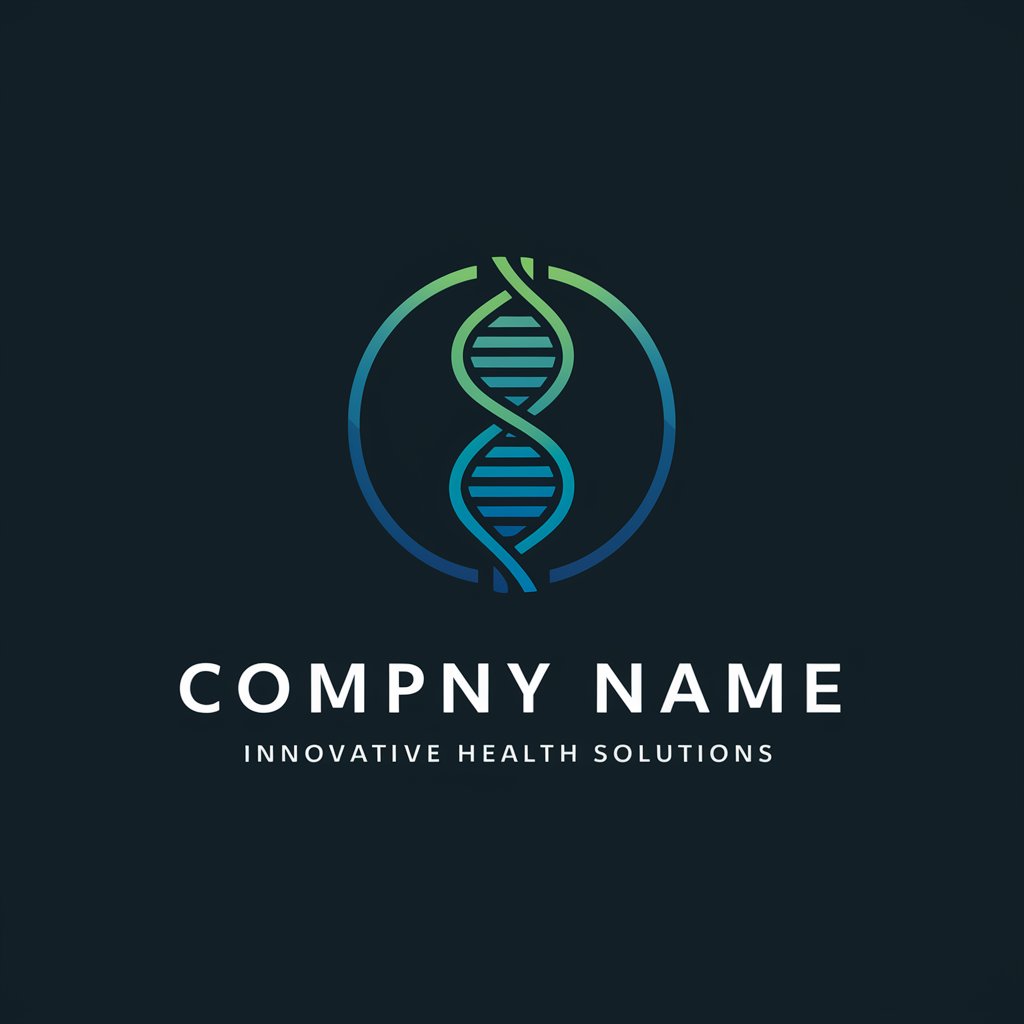
CEO de Startup de Energia Renovável☀️🌱
Powering Green Futures with AI

Inventive McGyver
Enhancing Ideas with AI Power
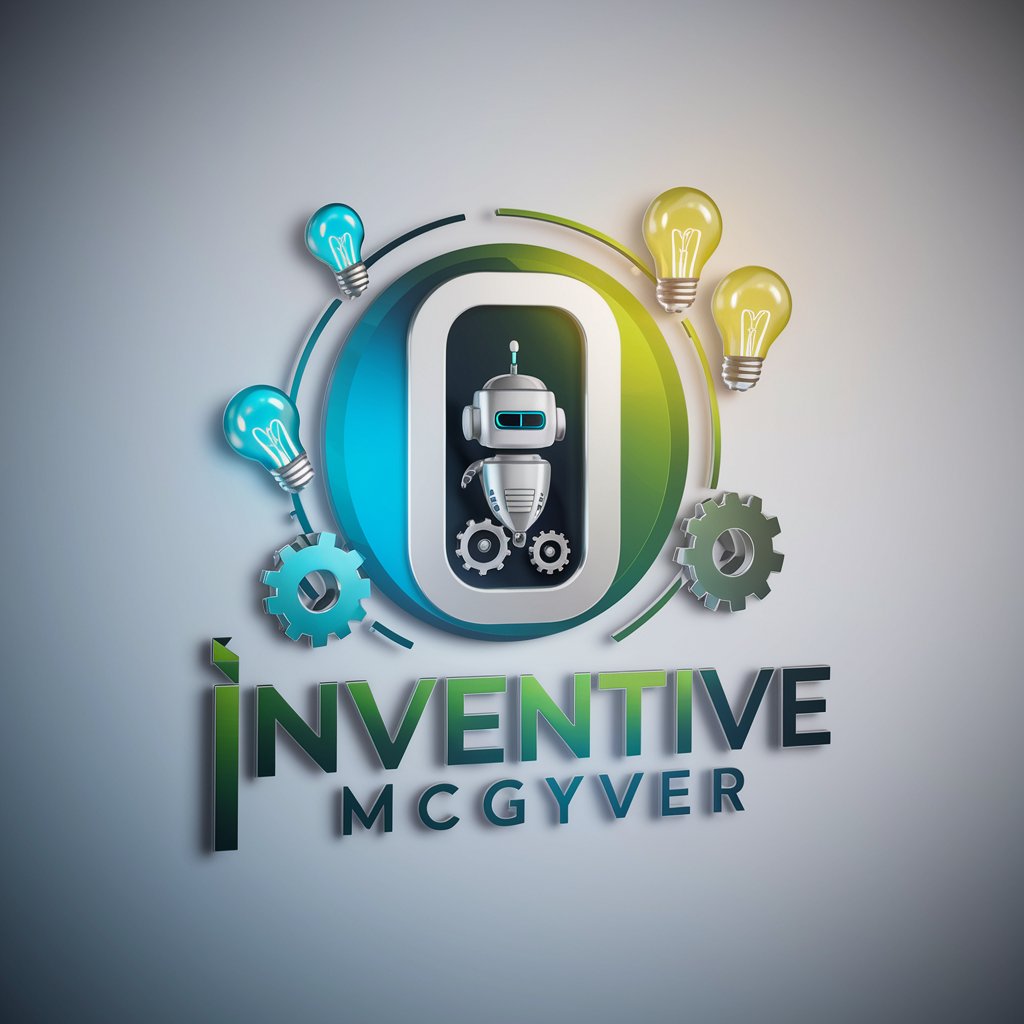
Key Features of AI GPTs in Patent Assistance
AI GPTs for Patent Guidance stand out for their adaptability and range of functionalities. They can simplify complex patent language, offer drafting assistance, suggest improvements based on existing patents, and provide analysis on patentability. Unique features include sophisticated language understanding for technical documents, the ability to search and summarize relevant patents, image creation for patent illustrations, and data analysis for predicting patent trends. These capabilities make them particularly adept at handling the multifaceted requirements of patent-related tasks.
Who Benefits from Patent Guidance AI?
The primary beneficiaries of AI GPTs for Patent Guidance include patent attorneys, inventors, R&D departments, and patent clerks, among others. These tools are designed to be accessible to novices in the patent field, offering guided assistance without the need for coding skills. Simultaneously, they provide advanced customization options for developers and professionals, making them versatile tools for anyone involved in the patent process.
Try Our other AI GPTs tools for Free
Crop Analysis
Unlock the potential of agriculture with AI GPTs for Crop Analysis, offering advanced data analysis for optimized crop health and yield.
Hydration Monitoring
Discover how AI GPTs for Hydration Monitoring can transform your hydration strategy with personalized advice, real-time tracking, and tailored recommendations.
Eco-Friendly Printing
Discover AI-powered GPT tools for Eco-Friendly Printing designed to enhance sustainability in the printing industry. These tools optimize processes, reduce waste, and support environmental goals.
Ownership Costs
Discover how AI GPTs for Ownership Costs revolutionize asset management with real-time analysis, predictive insights, and customizable solutions for informed financial decision-making.
Actor Preferences
Discover AI GPTs for Actor Preferences: cutting-edge tools designed to align actors with roles that match their interests and capabilities, revolutionizing casting and character development in the entertainment industry.
Price Prediction
Discover how AI GPTs for Price Prediction can transform market analysis with accurate forecasts, adapting to diverse sectors for informed decision-making.
Expanding the Reach of Customized AI Solutions
AI GPTs for Patent Guidance exemplify how tailored AI solutions can significantly improve efficiency and insight in specific sectors like patent law. These tools not only streamline the patent application process but also enhance strategic decision-making by providing deep analyses of patent landscapes. Their integration into existing workflows underscores the potential for AI to transform traditional practices, making complex tasks more manageable and accessible.
Frequently Asked Questions
What are AI GPTs for Patent Guidance?
AI GPTs for Patent Guidance are specialized AI tools that assist with patent-related tasks, leveraging the power of GPT technology to provide tailored support in drafting, researching, and analyzing patents.
How do these tools assist in patent drafting?
They offer language templates, suggest improvements, and help in drafting claims and descriptions by understanding technical language and prior art.
Can AI GPTs perform patent searches?
Yes, they can conduct comprehensive searches across patent databases, summarizing findings and identifying relevant prior art.
Are these tools accessible to those without a technical background?
Absolutely, they're designed with user-friendly interfaces that guide users through the patent process without requiring specialized knowledge.
How can developers customize these AI GPTs?
Developers can access APIs or coding interfaces to tailor the AI's functionality, integrating it with other systems or adapting its output to specific needs.
What makes AI GPTs for Patent Guidance unique?
Their ability to understand and generate specialized content for the patent domain, combined with adaptability across different patent tasks, sets them apart.
Can these tools predict patent trends?
Yes, through data analysis features, they can analyze patent filings over time, helping to identify trends and potential areas of innovation.
Are AI GPTs for Patent Guidance suitable for all industries?
Yes, their capabilities are designed to be industry-agnostic, providing valuable support across various fields of invention and research.